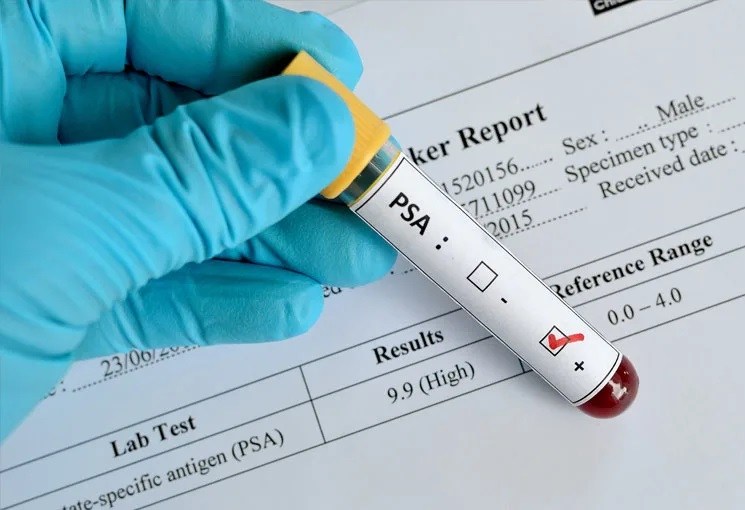Tomorrow, March 1, sees the start of Prostate Awareness Month, as a time when the methods for diagnosing the disease lag an estimated two decades behind the progress made for diagnosing breast cancer.
Now a Swedish diagnostics company, A3P Biomedical, has developed a new, non-invasive test for prostate cancer which it claims is twice as effective at diagnosing prostate cancer than existing PSA tests.
The PSA, or prostate-specific antigen test, is the standard test for prostate cancer. The antigen, which plays a role in improving the mobility of sperm, is also present at low levels in the serum of adult men, but in much higher levels in men with prostate disorders including cancer.
Interestingly, PSA can also be found in women, in breast milk and amniotic fluid, although women do not have a prostate gland.
The new test, known as Stockholm3, is a simple blood test which analyses five proteins and more than 100 genetic markers to help identify the patient’s risk of aggressive prostate cancer.
As well as finding twice as many cases as the PSA test alone, Stockholm3 also leads to 50% fewer biopsies, the company claims, as in many cases a high level of PSA leads to a biopsy to confirm or rule out cancer – something which Stockholm3 does not require.
Prostate biopsy can lead to side effects including infection, bleeding and problems urinating.
Currently, 75% of men with elevated PSA do not go on to develop cancer, meaning the biopsy could have been avoided. But it is currently the only tool available.
“Across Europe there is an urgent need to refocus attention on prostate cancer diagnosis, as despite being the most common form of cancer for men in Europe, there is still an alarming lack of awareness around the disease,” said Martin Steinberg, CEO of A3P Biomedical.
“These challenges seem even greater when placed next to the progression of breast cancer, which now stands more than 20 years ahead of prostate cancer in terms of innovation due to well-established screening programmes, extensive research and significant investment.”
According to Steinberg, the disruptions caused by Covid-19 to the medical systems in their entirety present the possibility of thousands of cases of prostate cancer going undetected.
“The current method of testing for prostate cancer has not changed in more than 30 years. It is unreliable, meaning that aggressive forms of prostate cancer can go undetected, thus missing the opportunity for effective early treatment and healthcare resources being wasted looking into cases where there is no cancer,” he said.
“We believe this test is a game-changer in the treatment of one of the most common cancers in the world and one that can make a real difference for men all over the world.”
Alan Hope
The Brussels Times

